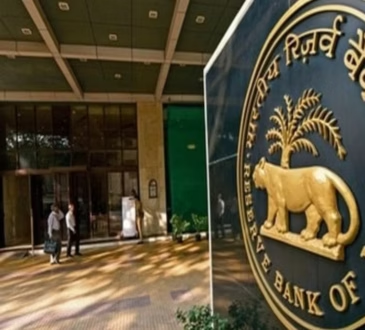By Fabiana Negrin Ochoa and Ronnie Harui
Asian equities tumbled as markets awoke to see some of their worst fears come true: a slate of sweeping U.S. tariffs that could inflict economic damage and disrupt industries.
Indexes in Japan and South Korea followed U.S. stock futures lower at Thursday's open, as investors took in President Trump's announcement of an across-the-board 10% tariff on all imports that kicks in April 5.
Countries on the White House's about 60-strong list of "bad actors" on trade will be hit by sharper levies that take effect on April 9.
China faces a 34% tariff that will be stacked on existing duties, meaning that the base tariff rate on Chinese imports will be 54% after April 9. Elsewhere in Asia, Japan will get a 24% tariff, Taiwan 32%, South Korea 25%, India 26% and Vietnam 46%.
"We would characterize this slate of tariffs as 'worse than the worst-case scenario' the street was fearing," Wedbush analysts Daniel Ives and Scott Devitt said in a note.
Japan's Nikkei Stock Average was down 3.0% Thursday morning, led by shares of automakers. In South Korea, the benchmark Kospi dropped 2.2% as semiconductor, battery and auto stocks retreated.
Shares in Australia were also hit, even though the country got off relatively lightly from Trump called "discounted reciprocal tariffs."
The benchmark index was down 1.9%, putting it on course for its largest one-day loss since September. Personal Protective Equipment maker Ansell led declines, shedding 13% after the U.S. announced tariffs of up to 44% on Malaysia, Thailand and Sri Lanka. Ansell has production facilities in all three countries.
"Liberation Day" was worse than what many analysts had been expecting, though there is speculation that there is room for negotiation. Trump has walked back tariff announcements before and it remains to be seen if countries will try to bargain for lower rates or exemptions.
For now, the risk-off mood remains palpable.
Moves in currency markets reflected that, with investors piling into the Japanese yen, a traditional safe haven. The yen strengthened sharply against other G-10 and Asian currencies in early trade, touching 148.04 yen against the dollar.
Yields on most global government bonds slid, reflecting unnerved investors. U.S. 10-year Treasury yields tested key support level at 4.11%, a level which it hasn't broken since October last year, Sucden Financial Research said in a note. This reflects safe-haven demand and rising worries about growth, it said.
Yields on 10-year U.S. Treasurys were recently down 6 basis points at 4.1236%, while the 10-year Australian bond yield was down 13 basis points at 4.2470%. The 10-year Japanese government bond yield is down 10 basis points at 1.370% after earlier touching 1.340%, its lowest intraday level since February 26.
Gold hit yet another record as investors sought refuge in haven assets. Spot gold was last up 0.9% after earlier touching a fresh high of $3,167.24/ounce on the ICE platform.
Oil was down 3% as the tariffs fueled worries about demand. LME three-month copper was 1.2% lower amid concerns about the impact of tariffs on global growth.
A 25% tariff on foreign-made autos and car pars is also set to kick in later, adding to the downbeat mood.
"We are not at the end point in terms of tariffs news," CBA senior economist and currency strategist Kristina Clifton said.
Write to Singapore editors at singaporeeditors@dowjones.com
(END) Dow Jones Newswires
April 02, 2025 20:48 ET (00:48 GMT)
Copyright (c) 2025 Dow Jones & Company, Inc.




